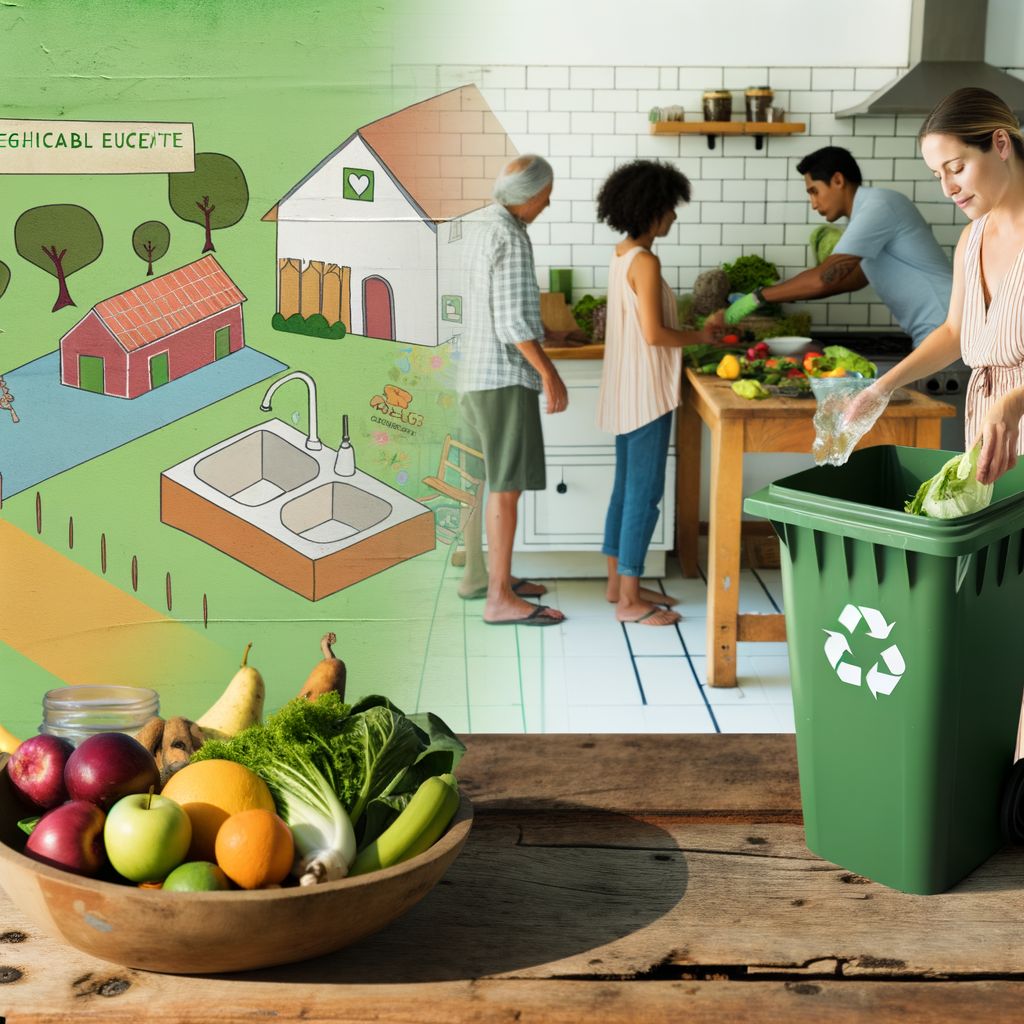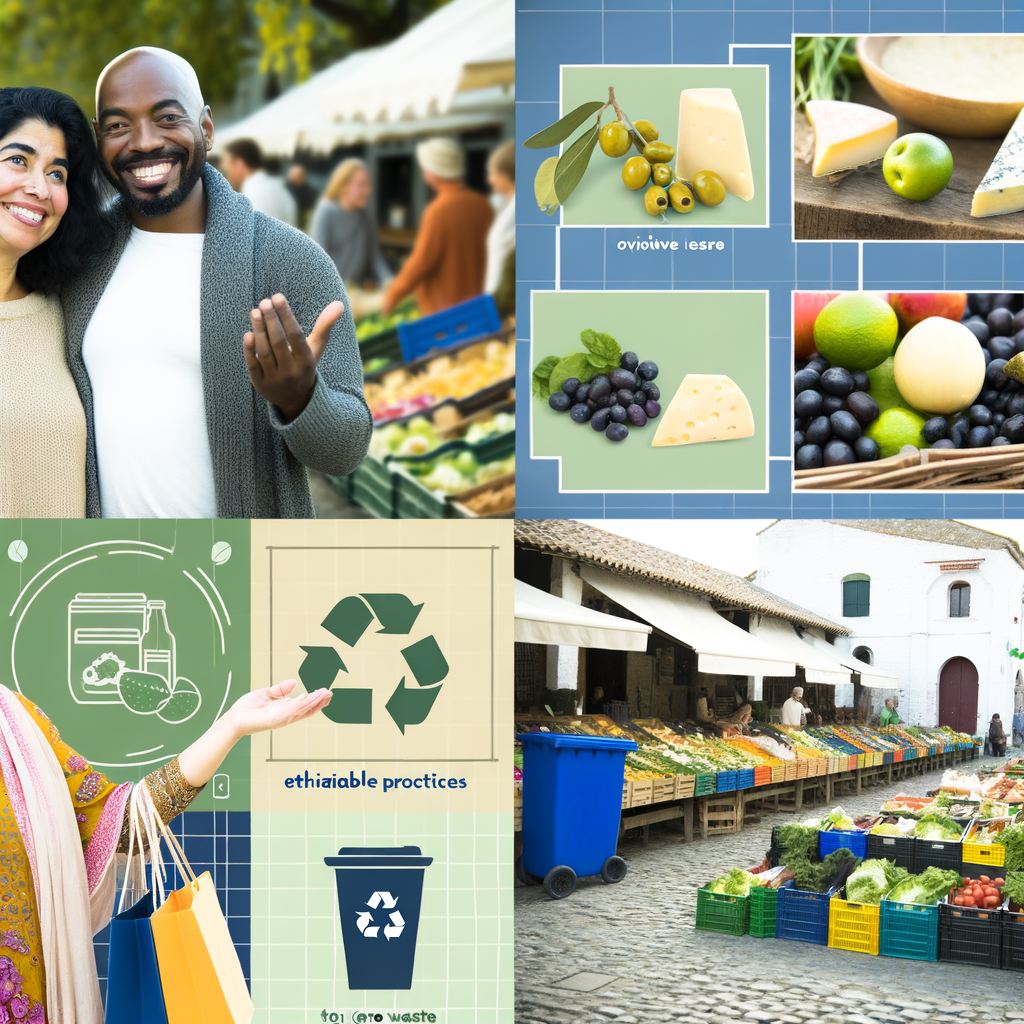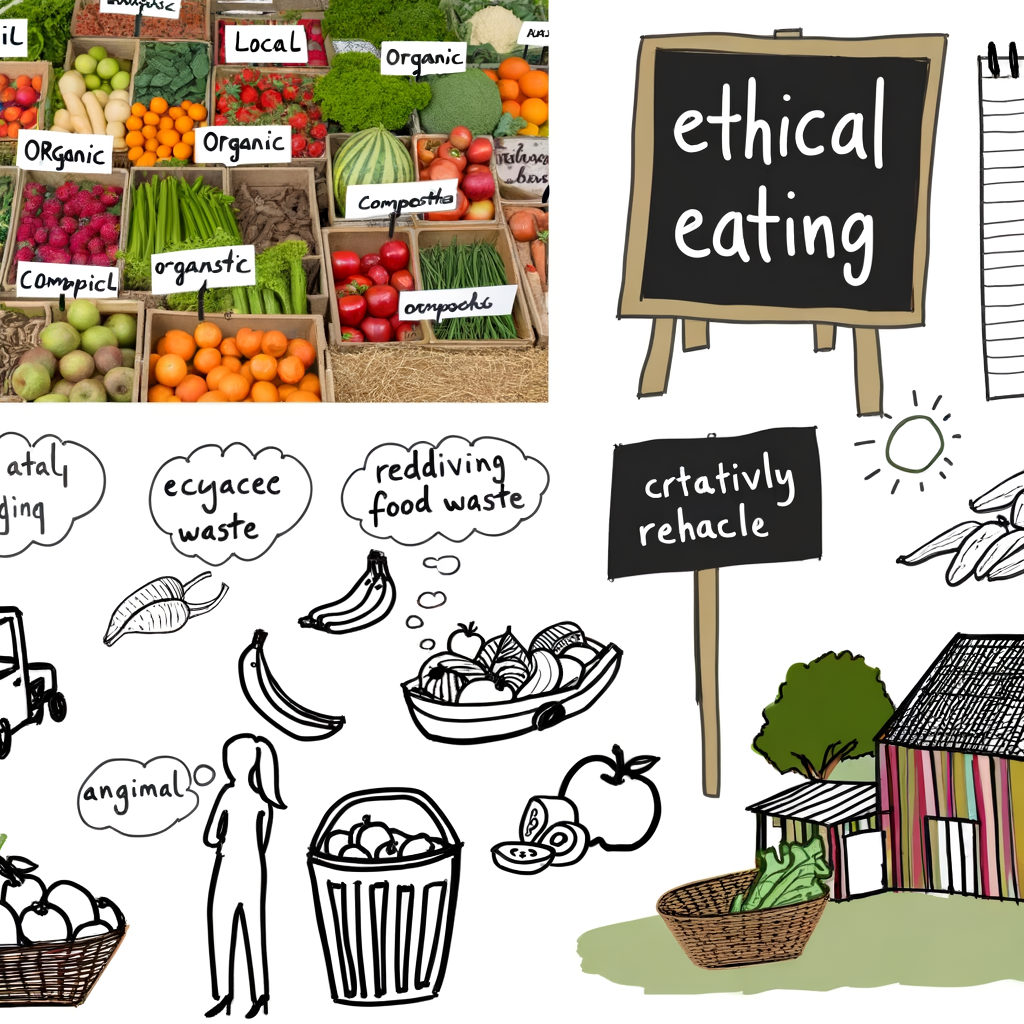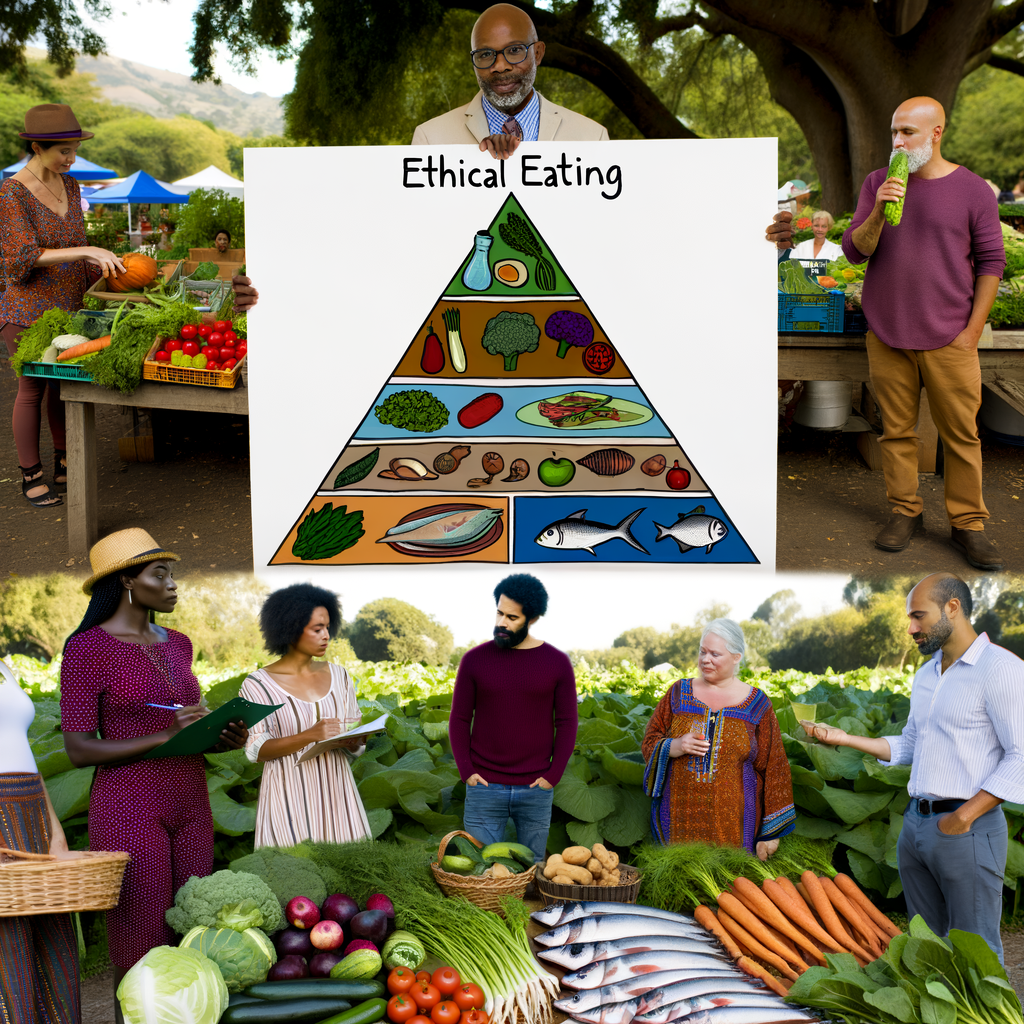In recent years, the concept of ethical eating has gained more attention and importance in the food industry. People are becoming more conscious about where their food comes from and how it is produced. As an expert chef, I believe it is our responsibility to not only create delicious meals, but also to promote sustainable practices in our kitchens.
Sustainable practices in the food industry refer to practices that are environmentally friendly, socially responsible, and economically viable. This means that the food we consume should not harm the environment, should support the local community, and should be produced in a way that is economically feasible for all involved.
First and foremost, we need to focus on sourcing our ingredients ethically. This means using locally grown produce, supporting small and organic farms, and choosing suppliers who prioritize sustainability. By doing so, we reduce our carbon footprint and support our local economy at the same time.
Another important aspect of ethical eating is reducing food waste. As chefs, we have the power to control the amount of food that is wasted in our kitchens. By using every part of an ingredient and repurposing leftovers, we can significantly reduce food waste and contribute to a more sustainable food system.
Lastly, we must also educate our customers about the importance of ethical eating. By providing them with information about where their food comes from and how it is produced, we can empower them to make more sustainable choices.
In conclusion, ethical eating is not just a trend, but a way of life that we must embrace for a better tomorrow. As chefs, it is our duty to promote and practice sustainable practices in our kitchens and inspire others to do the same.





